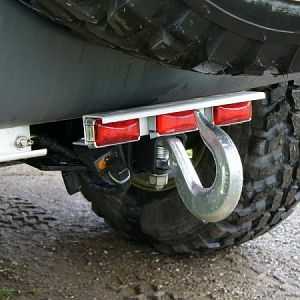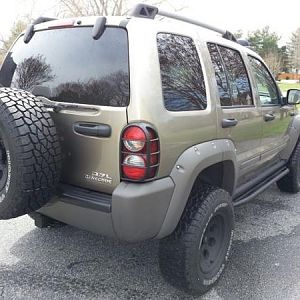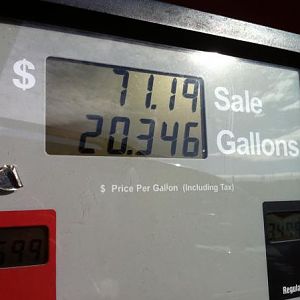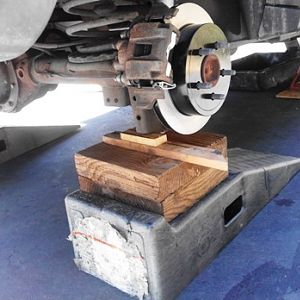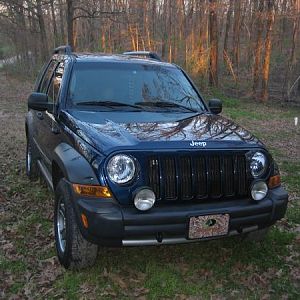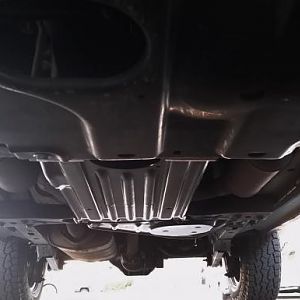musicaldoc
Full Access Member
Does any of you use diesel fuel additives?
My Jeep dealer has given me a "diesel fuel conditioner" by PETRO industries, do you know it?...is it safe?
I'm a little confused on diesel additives, many say YES and many say NOOO!!....so what, wher's the truth?
My Jeep dealer has given me a "diesel fuel conditioner" by PETRO industries, do you know it?...is it safe?
I'm a little confused on diesel additives, many say YES and many say NOOO!!....so what, wher's the truth?



